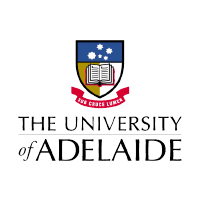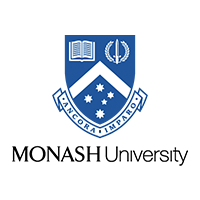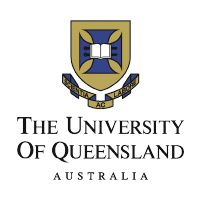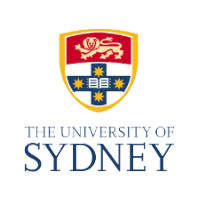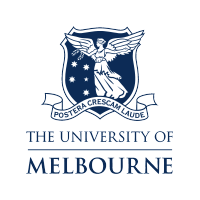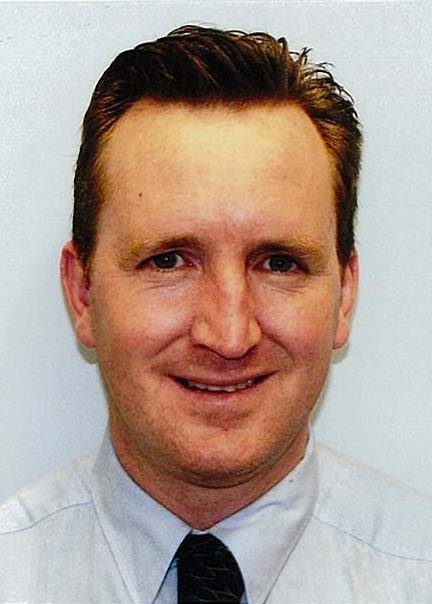 Aiden O'Loughlin
The School of Medicine - The University of Western Sydney
Aiden O'Loughlin
The School of Medicine - The University of Western Sydney
Master of Biostatistics, The University of Sydney 2006
I was training to be a cardiologist when I started the program. Cardiology is one area of medicine which is fortunate to have a strong tradition of high quality clinical trials which address key areas of practice.
The Master of Biostatistics course has given me a comprehensive understanding of clinical trial design, analysis and interpretation of trial results. This has allowed me to successfully incorporate the available evidence into my clinical practice. It also has enabled me to design, implement and analyse clinical research programs both on my own and in collaboration with others.
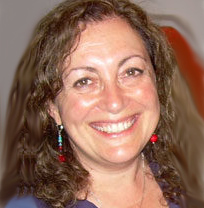 Alicia Stein
Senior Epidemiologist, CSL Limited
Alicia Stein
Senior Epidemiologist, CSL Limited
Master of Biostatistics, Monash University and BCA Star Graduate 2005
After completing my undergraduate degree in biological sciences in Argentina, a PhD in Melbourne and 21 years of research in immunology of transplantation and renal disease I was ready for a change.
I found the biostatistics course challenging and stimulating. It gave me a real insight into the field and vastly increased my skills.
I’m now working as a Senior Epidemiologist at CSL where I’m involved in making evidence-based decisions for health policy. I’m still using many of the course materials in my day-to-day work. My only regret is that I wish I’d taken the Bayesian Statistics unit as well!”.
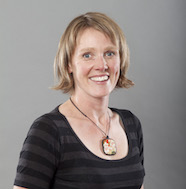 Gabrielle Davie
Biostatistician/Senior Research Fellow - Injury Prevention Research Unit (IPRU), University or Otago
Gabrielle Davie
Biostatistician/Senior Research Fellow - Injury Prevention Research Unit (IPRU), University or Otago
Master of Biostatistics, The University of Melbourne 2005
Ever since taking an epidemiology undergraduate paper while completing my Mathematics and Statistics degree, I have been interested in the confluence of health and statistics. After a few years as a Research Assistant in an Epi & Biostats unit I enrolled in the BCA Masters Degree. The BCA’s programme was an obvious choice for me – renowned lecturers, wide range of courses and distance taught so I could fit it in around full-time work. Even though working full-time and studying part-time was challenging, it was encouraging to see how applied the courses were and have opportunities to apply the course material to my work.
I am currently a Biostatistician/Senior Research Fellow in the Injury Prevention Research Unit (IPRU) at the University or Otago, Dunedin, New Zealand. The BCA papers I took have given me knowledge and resources that I find extremely valuable in my consulting, teaching and research.
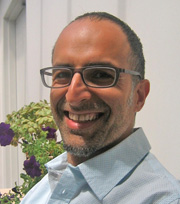 Mohammad Siahpush
Professor, Associate Dean Research, Department of Health Promotion, Social & Behavioral Health University of Nebraska Medical Center College of Public Health
Mohammad Siahpush
Professor, Associate Dean Research, Department of Health Promotion, Social & Behavioral Health University of Nebraska Medical Center College of Public Health
Master of Biostatistics, University of Melbourne and BCA Star Graduate 2004
I have a degree in sociology (PhD 1990) and just finished my Masters degree with the BCA. Although I had quite a solid quantitative training in my postgraduate years in the 80s, I was always looking for an opportunity to learn statistics/biostatistics more formally and systematically. I was very happy to hear about BCA in 2001 and signed up to do the course immediately. Biostatistics in my view is a set of specialized statistical techniques appropriate for analysing data from biomedical and public health sciences and epidemiological studies.
I am essentially a public health researcher and use biostatistics to anlyse survey data and population based cohort studies. I also give a lot of statistical advice to my colleagues from the health behavioural and social sciences who conduct a lot of experiments. I think anyone who does health research and is responsible for data analysis should have a firm grounding in biostatistics.
Sloppy data analysis and using common statistical softwares without a sound knowledge of statistical assumptions and techniques do not contribute to scientific progress. The BCA provides a very rigorous training in most essential techniques that data analysts need to know.
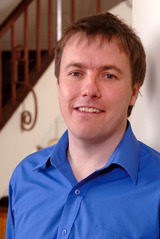 Andrew Hayen
Senior Lecturer in Biostatistics, School of Public Health, Screening and Test Evaluation Program, University of Sydney
Andrew Hayen
Senior Lecturer in Biostatistics, School of Public Health, Screening and Test Evaluation Program, University of Sydney
Master of Biostatistics, University of Sydney and BCA Star Graduate 2004
I am currently a senior lecturer in biostatistics at the School of Public Health at the University of Sydney, where I am employed by the Screening and Test Evaluation Program. Although I already had a PhD in statistics, I found the BCA Master of Biostatistics degree to be valuable in helping me change my career focus from theoretical statistics to working in public health and epidemiology.
The course was practical and engaging, and enabled me to gain an academic position in biostatistics on graduation. I now do both methodological and applied research with a particular focus on screening and diagnosis, and use the skills and knowledge from the BCA degree underpin my work.
